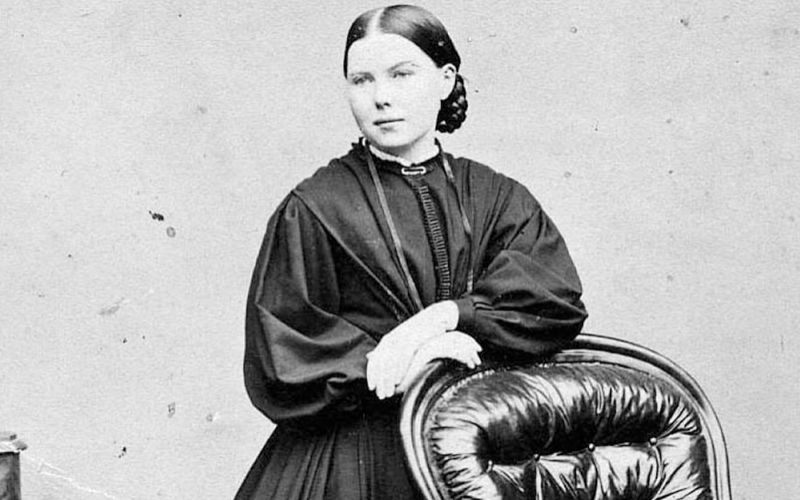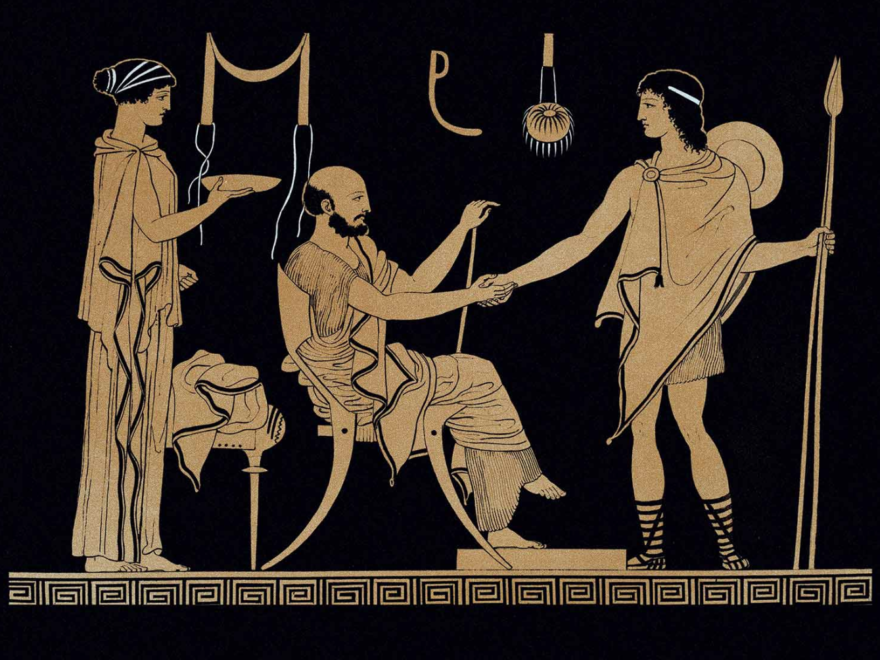Tag: habit training
-

A Coherent and Holistic Education: Book Review of Elaine Cooper’s The Powerful and Neglected Voice of Charlotte Mason
In this series, I want to review and highlight the Charlotte Mason Centenary Series of monographs released in 2023. The 18 books in this series are brief and readable volumes that encapsulate a diverse range of topics related to the life, writings and philosophy of Charlotte Mason. My intention is to select a few of…
-

Charlotte Mason on Thanksgiving
The tradition of a Thanksgiving holiday has a rich history in Christianity that predates the holiday as it has developed in America. In fact, numerous countries across the world celebrate some form of thanksgiving as a national holiday. The idea of thanksgiving or gratitude stems from a prominent biblical theme, one which calls the Christian…
-

The Search for Great Teaching: A Comparison of Teach Like a Champion 3.0 and Christopher Perrin’s Pedogogical Principles
One interesting addition to Doug Lemov’s Teach Like a Champion series in his third edition (Teach Like a Champion 3.0) is his notion of a mental model. He introduces the idea like this: “In a typical lesson you decide, often quickly. Then you decide, decide, and decide again. You are a batter facing a hundred…
-

Goal Setting and Habits: Starting the New Year SMARTer
It is the start of 2024 and I return once more to the topic of habits. There is an ancient tradition associating habits with virtues. It was Aristotle, for instance, who wrote that “moral virtue comes about as a result of habit” (Nichomachean Ethics 2:1 or 1103a15-b25, trans. W. D. Ross). At the beginning of…
-

New Year’s Resolutions, Goal Setting and Education
The idea of New Year’s resolutions elicits strong reactions from some people. “If you want to change, why wait until the New Year to start?” the cynical say. Others perhaps remember the failure of last year with some measure of shame and regret. Still others are fired up about the success and dream-fulfillment that lie…
-

Charlotte Mason, the Educational Philosopher
In researching Charlotte Mason’s life for my forthcoming book on her with Classical Academic Press (preorder Charlotte Mason: A Liberal Education for all!), the latest in the Giants in the History of Education series (register for my live webinar with Classical Academic Press!) I was struck by Mason’s insistence on the importance of educational philosophy.…
-

Building Culture: The Architecture of a Successful Classroom
Previously I explored how we can create culture in our classrooms to foster growth in habits through the installation of rich values that inspire students to reach for personal excellence. Since then, I have had many opportunities to further my thinking and interact with even more perspectives to equip teachers to lead their students towards…
-

Creating Culture: The Ultimate Habit Training Tool
The lily of the valley (Convallaria majalis) is such a lovely plant. By all appearances it is a delicate flowering plant. Dunbar refers to “the Lily of the Valley | With its soft, retiring ways.” in his poem “Lily of the Valley” (1913). Despite its appearance and reputation, the heartiness of the plant is one…
-

“Education is a Life”: Igniting a Love for Learning in the Classroom
“’Education is an atmosphere, a discipline, a life’––is perhaps the most complete and adequate definition of education we possess. It is a great thing to have said it; and our wiser posterity may see in that ‘profound and exquisite remark’ the fruition of a lifetime of critical effort (Charlotte Mason, Parents and Children, p. 33).…
-

The Counsels of the Wise, Part 1: Foundations of Christian Prudence
We began this series with a proposal to replace Bloom’s Taxonomy of educational objectives with Aristotle’s five intellectual virtues. While Bloom and his fellow university examiners aimed to create clarity in teaching goals through a common language, their taxonomy of cognitive domain objectives may have done more harm than good. In rejecting the traditional paradigm…
